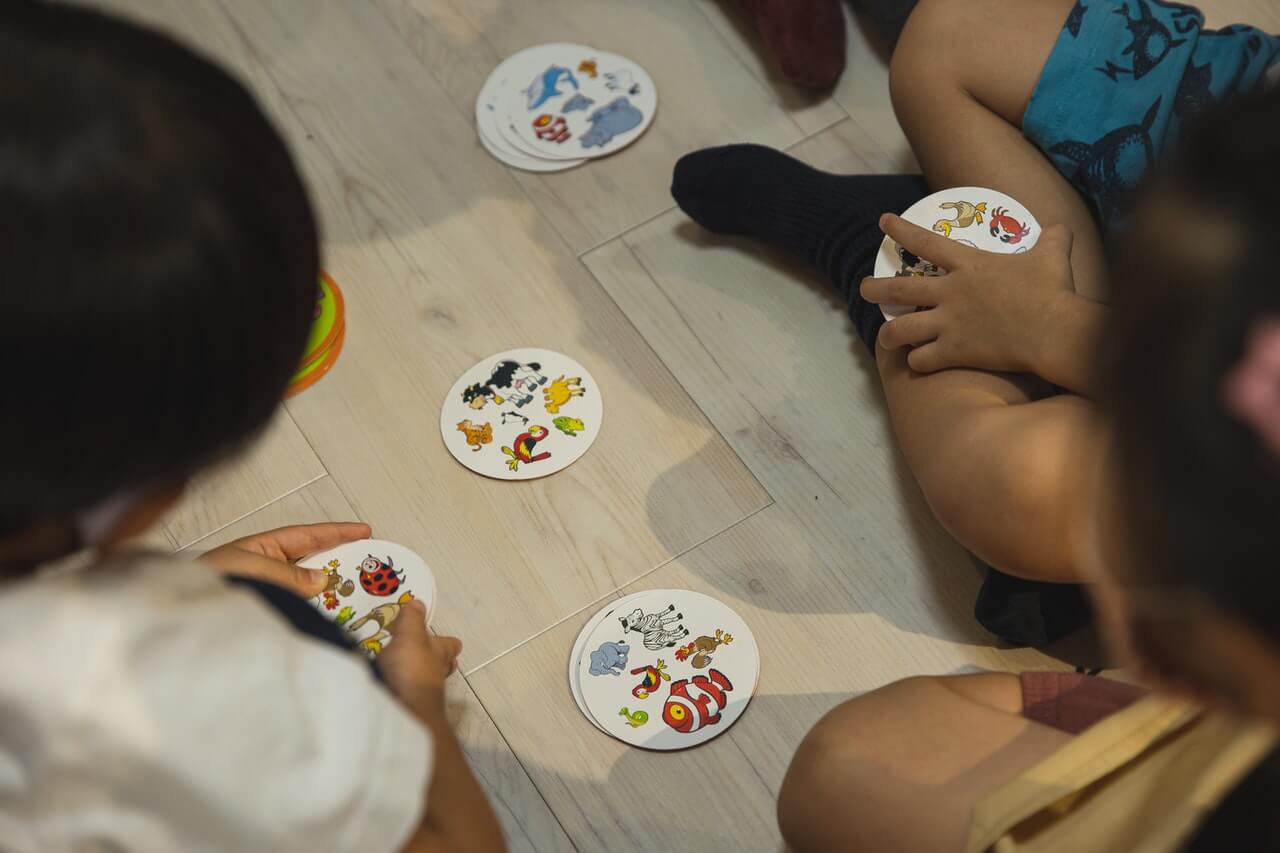Task-Based Learning (TBL) is one of the most popular TESOL methods because it supports English language acquisition through relevant, applicable tasks in an interactive classroom environment. New English teachers generally struggle to implement Task-based Learning activities. The best way to experiment, learn more about, and eventually perfect the Task-Based Learning approach is to do it. Here are 5 fun task-based activities to help you get started!
Recommended TESOL / TEFL Course for Teaching Abroad, Online or in Canada / USA:
120-hour Advanced TESOL. Fully Online. Asynchronous & semi-synchronous live options.
1. Plan a Trip
This is a fun TBL activity for those who are teaching English abroad. I travelled a lot during my time abroad, so whenever a school break or long weekend was approaching, my ESL students asked me about my travel plans and gave me suggestions based on the places they went on vacation. So I turned this into an activity that would challenge intermediate-level ESL students to use a variety of communication skills through listing, comparing, listening and responding, and weighing out options.
Split the class into groups. Prompt the group to brainstorm what information they will need from you (the traveler), and answer the questions that they pose. For example, they should be thinking about what kind of sites you’d like to see or activities you’d like to do, the weather at this time of the year, places to eat, medium of transportation, how long it takes to get there, and where they stay.
Tell them how much time they have and set them loose to plan the ultimate trip. Once the allotted planning time is up, have each group present their trip to the class. Encourage other groups to ask questions too.
After each group has presented their itinerary, have the class vote on which is the “best trip” (it’s probably more diplomatic to phrase it as, “Which trip should I take first?!”). Students can offer up why they made their choice, which is especially interesting if they voted for a group other than their own.
Find TESOL / TEFL Jobs on the OnTESOL Job Board

2. Department of Tourism
This fun task-based activity is similar to planning a trip, but it works better with more advanced ESL students and includes writing skills as a lesson objective.
Group your students and ask them to come up with ideas for countries, cities, or specific travel destinations. When they are listing places, ask them to consider what they know about these places. Have they seen commercials on TV or vacations advertised elsewhere? Was this place in the news recently? Allow them to come up with as much as they can on their own.
Then, each group should pick one destination and think of selling points. Why would people like to go there? What would they do and eat? Where could they stay? Have the groups organize and create a poster campaign and 1-page newspaper article to advertise their destination. This includes words, sentences, and images!
When they are finished, each group should present their proposal to the Department of Tourism (teacher and the rest of the class). Have the class vote on the most convincing presentation.
Recommended: Advanced Online TESOL Courses
3. Jury Duty
This TBL lesson requires well-thought-out planning, but the fun makes it worth it. Come up with a crime story on the news (try not to be too gory) or find a mystery story you can adapt the material for this lesson. Present the class with a suspect (it could be you), his/her alibi, and any accompanying statements from witnesses.
Don’t make it too complex, but also have at least four bits of information for your groups to use in their considerations. Divide the class into groups and explain that they are the jury, responsible for the fate of the accused. In the allotted amount of time, they will be required to review the evidence and agree on a verdict. If you are posing as the accused criminal, encourage the students to ask you questions if they require further information for their deliberations.
Once they have finished giving their verdicts, discuss (as a class) how each group came to their conclusions. What aspects did they consider most important? Were there things that stood out more than others? Did a group member point out something interesting that the others hadn’t thought about? The list is endless. Have fun!
Read: Using the Internet for Task-based Lessons
4. Problem Solvers
This task-based activity can be adapted to almost any topic. As the teacher, you can come up with a plethora of problems to present the students with. Use Authentic material such as news articles or video to support you in this lesson.
For example, you could show a traffic problem that occurs in the city that your students live in. Tell them that they are part of a special committee responsible for brainstorming solutions and deciding on the one that best works for everyone in the community.
Be sure that each group comes up with multiple solutions before presenting the best one to the class. Simple, go-to responses should not be accepted- you really want to push them to brainstorm, listen to each others’ ideas, and evaluate pros and cons.
Read: The best TESOL/TEFL certification courses in the United States
5. Story Comparison
Give the class a story/cartoon topic. You can provide them with as much or as little information as you’d like. I usually give them the main character and a few compulsory events. I set the stage for the story and let them run wild planning out how the story develops and eventually ends.
Put the students in pairs after giving them the initial information. Instruct them to write and illustrate how the story ends. They will need to listen to each other and either agree on or compromise each movement forward. After the allotted time has finished, have each group present their story verbally to the class.
This allows for a relaxed finish, whereby the entire class can discuss the commonalities and differences that evolved between the different groups.





